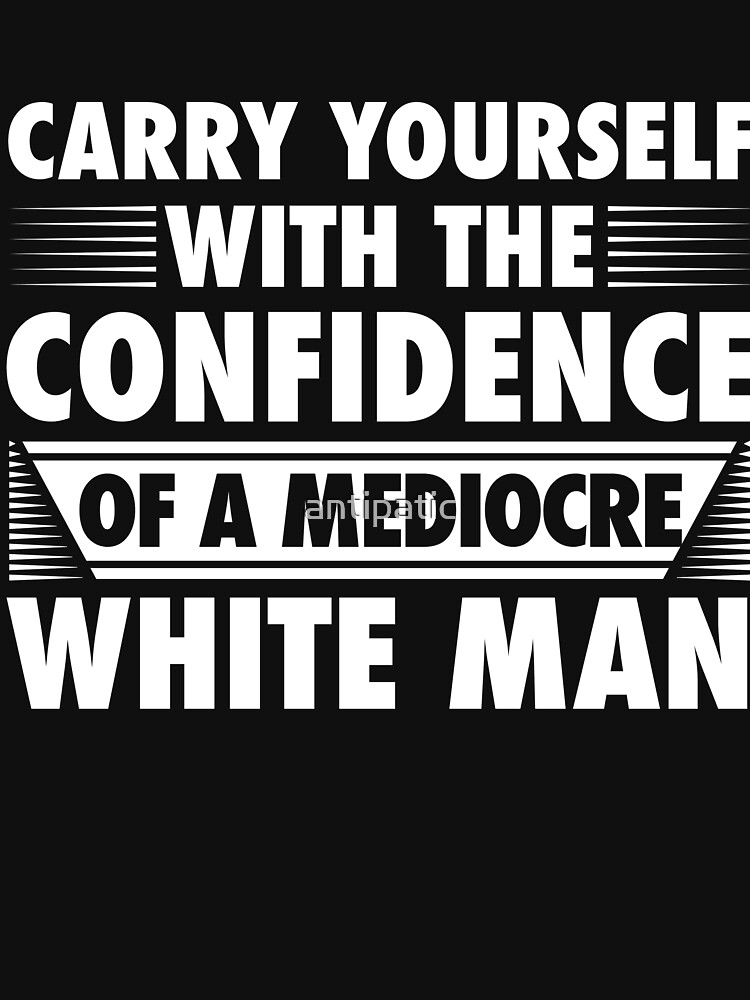

You didn’t say “This sounds like a silly book and a waste of time. In your shoes I might have saved that for an argument that wasn’t about me personally acting like an expert on things I haven’t read, but different strokes. There it is! The old “Well I think you don’t actually know anything about this subject” I was expecting. You lack an understanding of true scholarship and, frankly, I’m not entirely sure you even read the comment to which you’re replying.” À bientôt! Reply (Despite misspelling “Shub-Niggurath,” which I’m sure you had many a good harrumph over.)Īs I’m sure you’re quite busy, I’ve taken the time to write out the reply I expect to receive, which you’re welcome to copy and paste in lieu of answering the original question: “Spider, as you’re clearly uninterested in having a civil discussion I see no purpose in further responding to you.

She doesn’t much care for Lovecraft’s work, but it’s clear she at least took the time to familiarize herself with it. I see you’re still unwilling to say the words: “No, I didn’t read the book before publicly dismissing it.” You put your byline on the statement and sent it out for the public to digest–doesn’t matter if it’s in the NYT or a comments section, if you’re a real scholar and not a clown play-acting as one that’s the point at which you have to be able to stand by them.

Mediocre adult contemporary crooner Lionel Richie would win a Grammy for the album that gives the book its title, while “When Doves Cry” by Prince, the year’s biggest hit, didn’t get a nomination. MTV, which barely showed any videos from Black performers, initially balked at “Beat It.” Herbie Hancock deliberately kept a low profile in the video for “Rockit.” But no matter: “In the August 25 issue of Billboard, for the first time ever Black artists accounted for six of the top ten pop albums and singles.” Still, the man’s preferences ran square. White radio listeners freaked out when their stations changed formats. One reason it was a breakout year is that the music industry, having been through a rough slump-“Physical” was 1982’s year-end top single on Billboard-finally started taking more risks with Black artists. White male mediocrity is, however, a through line in Michelangelo Matos’s Can’t Slow Down: How 1984 Became Pop’s Breakout Year. Oluo doesn’t explore the entertainment world in her book.


 0 kommentar(er)
0 kommentar(er)
